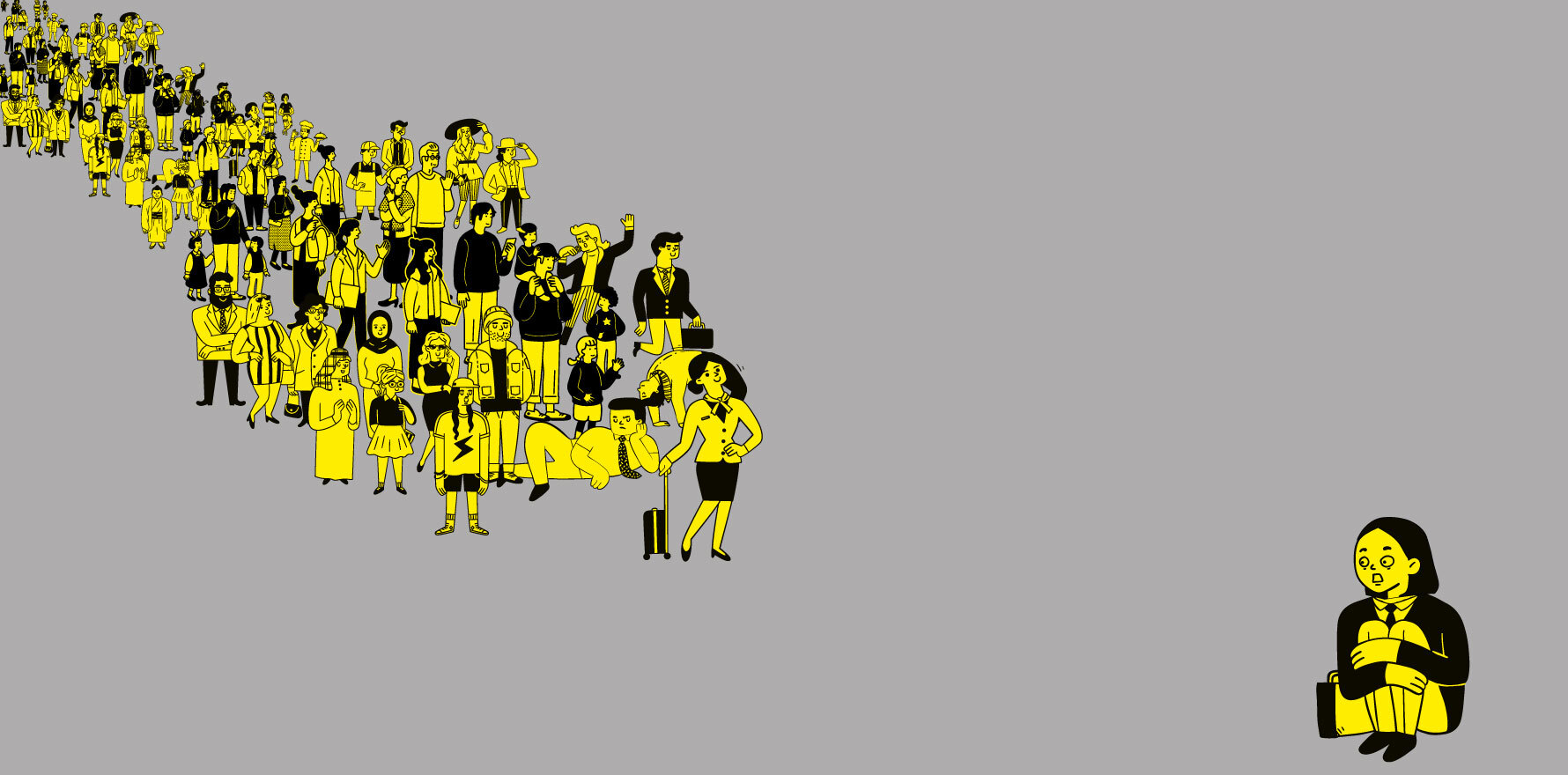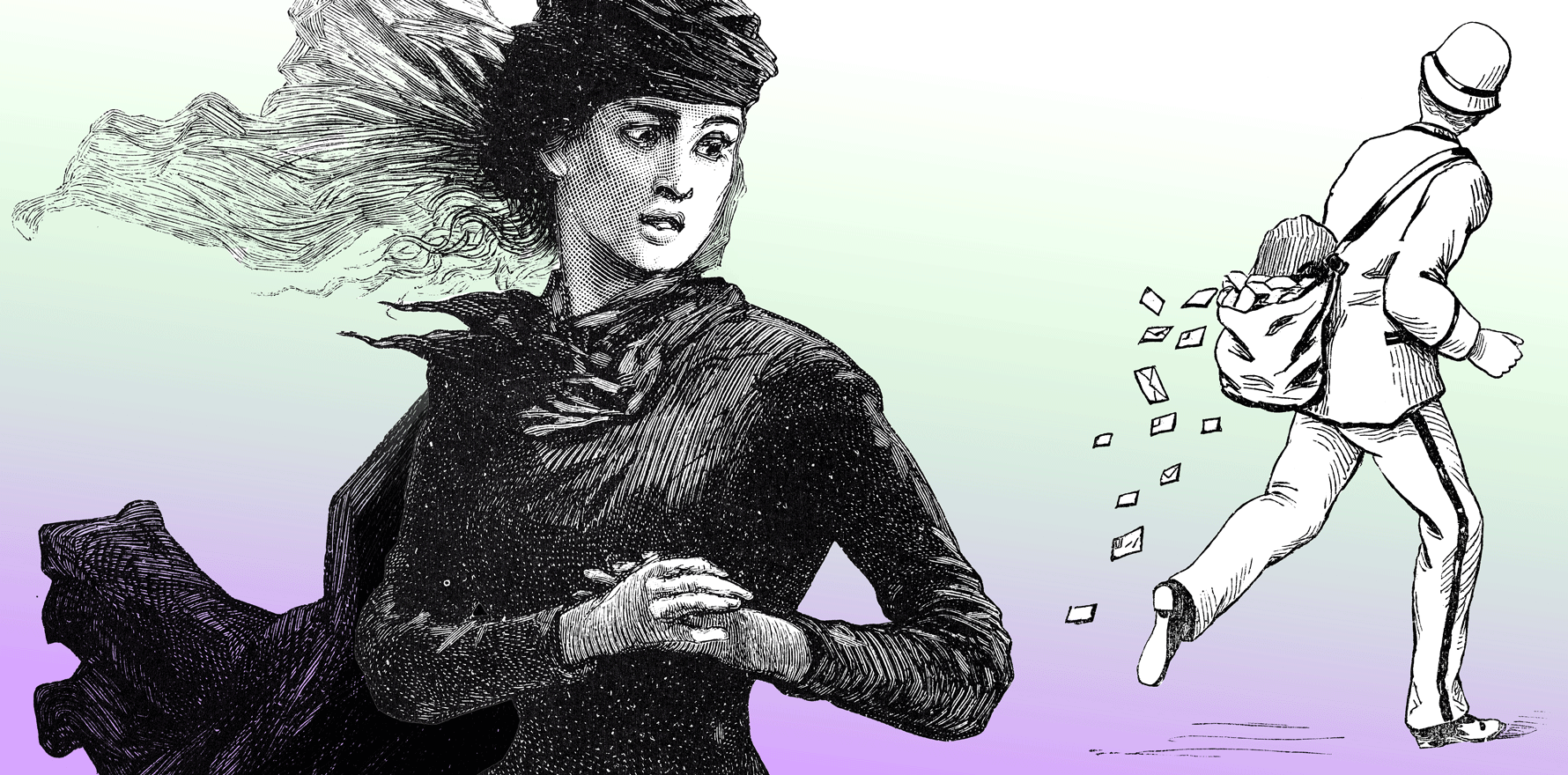This is our job, not our whole existence. We are entitled to days off unmolested – we can even go on holidays.
I am writing this column on an aeroplane, returning home after my second holiday this year.
Admittedly, it is out of character to have taken two big international trips only six weeks apart, and certainly there was no immediate need for a cognitive break or respite – but I did it anyway.
The patients were surprised but largely supportive when my appointment book showed I would be away for five weeks, again. “Good for you, doc! You deserve a break!” was the common response from my younger and fitter patients, many of whom were aware that I hadn’t taken any personal leave between July 2022 and June 2024.
There were more distressed and unhappy comments from older patients and those with complex morbidity: “What am I supposed to do, then?” or the more joyous guilt-inducing “You only just back from leave and you’re going again?”
Many patients whose families I look after with much affection were already prepared, as they check through my Hotdoc weeks to months in advance to prepare for when I will be away. “Doc, you’re away in November too? Is it another conference?”
I don’t work as a solo GP, I’m a contractor at a group private practice that employs more than 10 other doctors. However, a very large proportion of my patients will see only me, and essentially operate as if I was a solo GP. I am nearly always enormously appreciative and grateful to have such patient loyalty. The autonomy we get as GPs is very appealing and allows us to practise our truest bedside manner with independent decision making, although the risks of these freedoms can also be steep and dangerous to many.
The most immediate consequence to being a preferred or solo GP is defining and setting the boundaries of availability. My patients who were unhappy with me taking leave (“Again?”) are the most faithful and loyal and will not see any other GPs. Their distress is coming from a sense of abandonment and fear, and I am moved by the trust I am offered.
However, what suffers is my wellbeing and space.
For years, I would get calls and text messages on my days off from the receptionists, insistent patients with medical queries that they believed couldn’t wait until my workday: “Please can you just ask the doctor, she won’t mind!” or “It’s just a quick question about the medication she prescribed yesterday” or “It’s urgent, they’re really unwell and need to talk to the doctor today”.
For years, I would respond to the messages and log on to the medical software from home and sort out the issue. My ego, see, would be pampered by the idea that I was a mighty doctor and needed to be on call for my patients. Also I was younger, and building a reputation as a reliable, respectful and caring doctor was an important goal, and I believed that responding to these constant and relentless medical queries satisfied my performance as a good doctor.
Of course, it was not healthy or sustainable. One frustrating Saturday, perhaps a couple of years ago, I was at a café enjoying a restful and sunny day, and I received about 15 messages from reception about patient tasks and emails and questions. The tipping point was a text from one receptionist after I had read her initial message, triaged it as extremely not urgent, and then continued with my meal: “Hello? Pallavi? So what do you want me to say to the patient?”
I sent a firm, curt message back: “Guys, I’m on a day off and can’t be on call constantly for all of this. This can all wait until I’m at work tomorrow, or if someone tells you they’re unwell, you can direct them to the doctor working today or an ambulance.” Radio silence for the rest of the day. And then I felt lousy and had a miserable brunch, almost in tears for most of it, convinced I was an impatient and rude doctor who had no care or regard for her patients or staff. Perhaps that day, I was.
But it helped. The receptionists and patients started to learn that I, the doctor who often worked six days a week, should not be bothered on her day off. And I, for the first time, turned off notifications on my phone for the clinic messaging app. Not because I thought to do so, but my closest friend at the practice, another GP, gave me firm reassurance that it was not reasonable for us to be constantly contacted after hours. Furthermore, I had not considered the medico-legal implications if I ignored a message that I had received, and there was a consequence to patient care.
I followed in the steps of my friend, I let reception know that I was not going to get clinic messages on my phone any more, and if they urgently needed, they could call me on my personal number on my day off. Shockingly (not), I have been called only one time since then (and that was an entirely appropriate call).
The problem with general practice (or perhaps private practice more generally) is that we don’t get scheduled “on call”. So, unlike my hospitalist friends, there are no defined hours of availability for me to be contacted outside of my set clinic presence. I am sure plenty of GPs reading this, especially older solo GPs, would be on call for their patients any hour of the day or night. Equally, there will be GPs who are rigid in their boundaries and not contactable at all outside practice hours. As you can see, it took me years to define my own availability and I am sure I will continue to struggle with this.
Related
Which brings me back to my leave. I have been uncontactable for weeks (for at least a fortnight I didn’t even have mobile reception or internet, so was truly uncontactable). I left messages with reception that I was not going to be available (they held up their side of the agreement perfectly), and all patients were redirected to other GPs at the practice or were told they would have to wait until I returned.
However, as I write this, I dread the amount of work that will be waiting for me on my return and all the messages I have missed, from patients and hospitals and specialists. I have scheduled half-days for the first week to allow me enough time to catch up on all the reports, paperwork, letters and administration that will inevitably be waiting. I also sit with a lot of anxiety about complications or sick patients or errors; of course, these are rare, but which of us doesn’t constantly worry about this? I have not fulfilled any medicine-related tasks or responsibilities for over a month; I have not read emails or checked results or letters; I handed over everything to somebody elseor my future self.
But, as I tell myself continuously, this is just a job. I do not need to give all my days and nights to this job, and it is OK for me to take leave (again).
I went on a grand adventure. I saw breathtaking northern lights from Thingvellir National Park outside Reykjavik. I went hiking in the rain through remote mountains in northern and western Icelandic peninsulas and lava fields. I floated under the sun in 40C geothermal waters. I sailed through cold and mystic fog to eastern Greenland and then back through the Nordic fjords along western Norway. I saw powerful waterfalls, and stargazed on cool, clear Arctic nights. I was free. I had peace and space and freedom. It is quite lovely to spend some time not being a doctor.
Dr Pallavi Prathivadi is a Melbourne GP, adjunct senior lecturer at Monash University, 2024 RACGP mentor, and newly appointed member of the Eastern Melbourne PHN Clinical Council. She holds a PhD in safe opioid prescribing and was a Fulbright Scholar at the Stanford University School of Medicine, and previous RACGP National Registrar of the Year.





